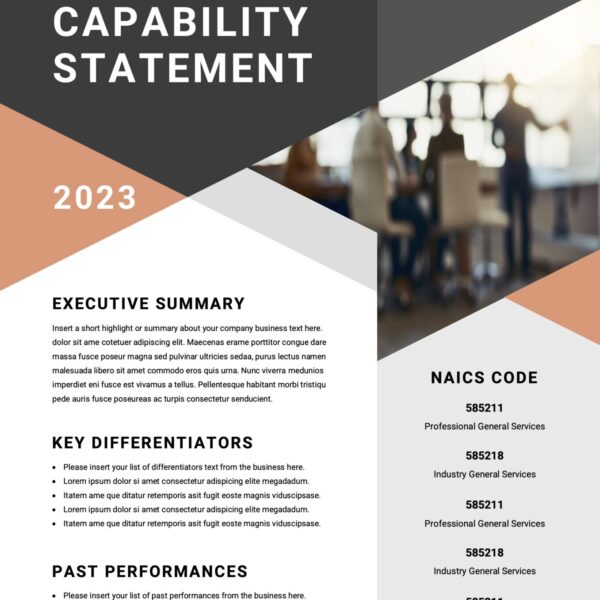 Fellow web designers, I know we’ve all been there. Had a great prospective client meeting. They loved your portfolio of work. Contacted you from a referral of a previous client. So you’re feeling great about this project going into it. You make a draft, show it to them, and it all starts going downhill from there. They want more revisions, the logo needs to be changed, content can’t be agreed upon, and more and more. Originally you quoted a certain amount and now your billable hours have almost tripled and the site isn’t even half way done. You ask yourself, who’s really at fault here? Without getting into any formalities, lets keep most of the blame with the client.
Fellow web designers, I know we’ve all been there. Had a great prospective client meeting. They loved your portfolio of work. Contacted you from a referral of a previous client. So you’re feeling great about this project going into it. You make a draft, show it to them, and it all starts going downhill from there. They want more revisions, the logo needs to be changed, content can’t be agreed upon, and more and more. Originally you quoted a certain amount and now your billable hours have almost tripled and the site isn’t even half way done. You ask yourself, who’s really at fault here? Without getting into any formalities, lets keep most of the blame with the client.
When I first started out, I used a contract with my first client. Ironically, it saved me from an issue once the site was completed. They wanted the workup files and my contract specifically said they’re not included. After some phone calls, emails, and threats from their family members, I stuck to my guns and referred back to the contract that was signed. Could have been worse had I not had that agreement setup from jump right? Well, this type of story is all too common on this side of the fence.
Contracts don’t necessarily have to be only for the protection of one person. The current contract I have and use now actually is quite easy to read to not hard on the eyes for my clients. Really want a contract does is protect the property of each binding party and set rules and understandings of work or a relationship.
Below are some general categories you’ll want to use in your own contract if you don’t have one already:
- Authorization
- Agreement
- Scope of Work
- Payment Schedule
- Confidentiality
- Hosting
- Terms
- Project Guidelines
- Files and Ownership
If your a freelancer doing jobs here and there, a typical surface level contract should do. However if you’re working as a subcontractor or with bigger businesses that are outsourcing work to you, a contract written or reviewed by your lawyer may be your best option. It would be a wise investment in the beginning that may save you thousands in the future.
Have some tips on contracts? Let us know in the comments below.



I learned the hard way to always have a contract ready but not for the reason you stated above. I’ve never really had an issue with ownership of files as none of my clients, so far, have ever really asked for them. Where I have had some issues has been with scope of work and revisions.
A couple of times I’ve had clients try to have me go above and beyond the scope of work, I have no issue doing a little extra just in the name of good business but there have been times where what they are asking for just takes too long so I have to bill it separately. This has not gone over well with said clients, to say the least, but I always fall back on the contract they agreed to, so they begrudgingly agree to pay the additional invoice.
I think I have a pretty solid contract but I think I will add your last to points, better safe then sorry.
Thanks for the tips.
I’m glad you found some interesting points on this Sam! I think most people have good intentions at the start. Usually when things start to fall apart is when you see the worst in people, and the only way to stay protected is to have this stuff in writing and agreed upon in the beginning. I personally don’t like to pull it out when I get new clients, but I force myself because I know what “could” happen if I don’t. Especially when the scope of work is changed or more objectives are added mid way through a project.